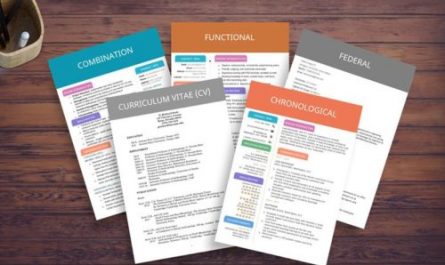Everyone talks about the term recruitment agency, but hardly anyone knows exactly how it works and how job seekers can use it to improve their chances on the open labor market.

Aim of a recruitment agency
The recruitment agency brings employers and employees together. Recruiting is not about placing the applicant in any job as quickly as possible. The aim is always to find a permanent position that suits his wishes and qualifications, but also the requirements of the company. The recruiter is the link between the applicant and the company. It saves companies the time-consuming research for suitable personnel and enables applicants to apply for vacancies that have often not yet been published. Precise information from the searching company about the job profile and from the applicant about his or her skills are therefore essential. Very often it is about highly qualified personnel who are only sought through a personnel agency.
What does the recruitment cost?
The recruiter works like a broker and receives some kind of fee for his work. Even if he is entitled to bill the potential employee for the costs, the expenses almost always go to the company seeking personnel. However, these are discussed in advance and agreed upon in writing so that there are no discrepancies afterward. This service is usually free of charge for the applicant.
Advantages/benefits of recruitment
Both employees and employers benefit from this service. Companies save themselves a flood of applications, do not have to conduct endless job interviews, and also do not have to worry about sending back application documents. The employee is only placed with a company that actually has a vacant position that matches his skills and knowledge. He also saves time and money because he can apply for various vacancies with just one application. Often these positions have not yet been advertised and are therefore invisible on the market.

Personnel placement – temporary work – this is the difference:
Often both forms of recruitment are lumped together, but recruitment should not be confused with temporary work:
As already described above, the personnel service provider is looking for personnel at a personnel placement for a company that exactly matches its requirements. The goal is always a permanent position. The employment contract is then concluded directly between the company and the applicant. The personnel service provider receives an agency commission.
With temporary work, an employee is made available to the company by the personnel service provider for a certain or also indefinite period of time. The employment contract is concluded between the applicant and the personnel service provider. This is legally and factually the employer. However, the loaned employee performs the work for the customer (client). The customer only pays a previously agreed hourly rate for each hour worked. The customer and the applicant (employee), however, have no contractual relationship. The personnel service provider bears the risk of failure and pays the loaned employee.




